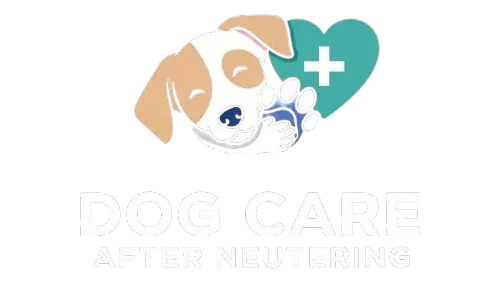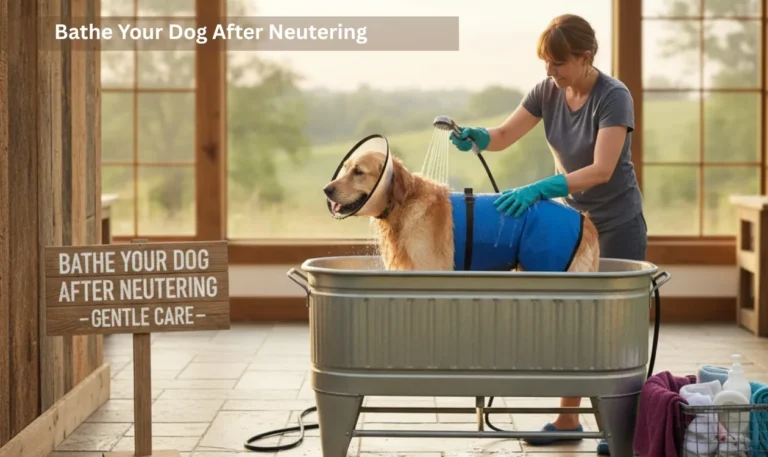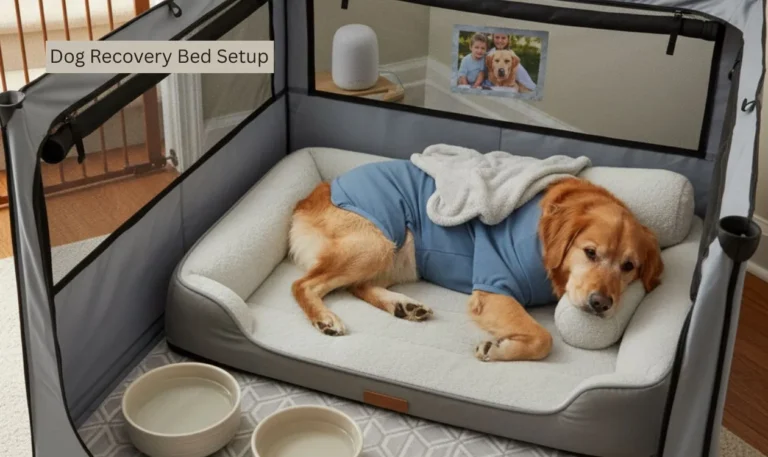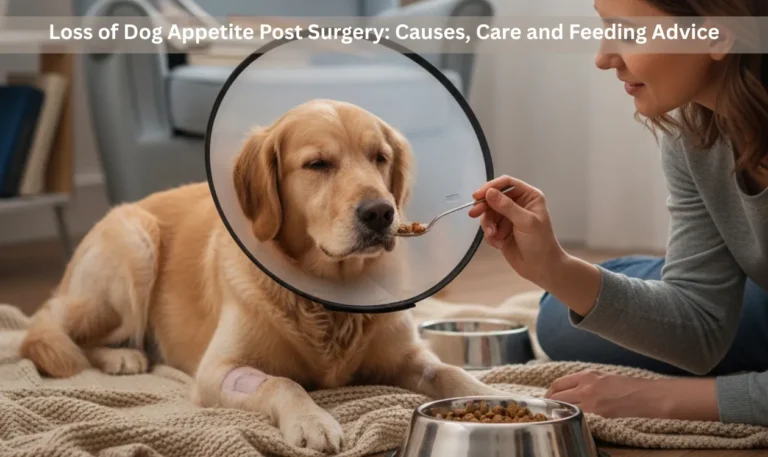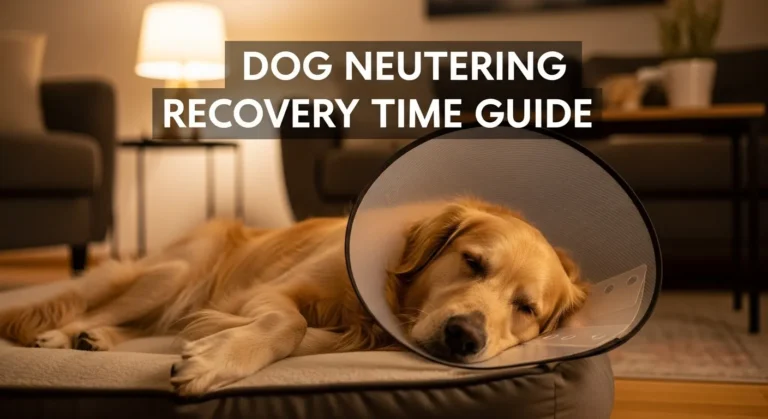The Ultimate Nutritional Guide of Protein Intake Post Neutering
The Ultimate Nutritional Guide of protein intake post neutering helps you understand safe protein levels, balanced meals, and proper nutrition to support healthy recovery
Neutering alters the metabolism, energy and nutrition requirement of a dog or a cat. Several owners of pets question the amount of protein a pet should consume in the wake of surgery. Post-neutered protein consumption has a significant contribution in muscle health and recovery. Controlling the diet appropriately will maintain a long-term healthy condition and avoid weight gain.
Pets also do not require the same number of calories after neutering but still require good nutrients. Protein is necessary to repair tissues and lean muscle mass. Education on protein balance and overall calorie intake brings about healthy weight and maximum vitality. The following guide will offer all the information about the post-neutering protein requirements.
Why Protein Matters after Neutering
Protein helps in the rebuilding of tissues, healing of surgical wounds, and supporting muscle activity. Neutered pets require amino acids to regenerate damaged cells and facilitate healthy growth. Adequate protein ensures the surgical area heals in a seamless and healthy manner. Good protein consumption also keeps the immune system strong throughout the healing process. Such regenerative nutrition plays a vital role in full recovery
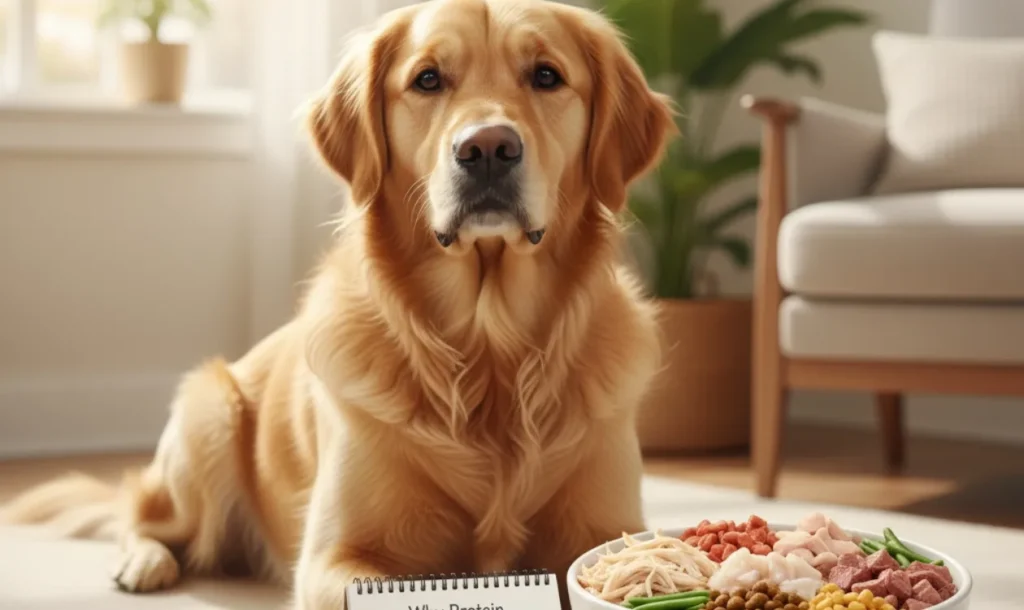
Neutering can slow down the metabolism of your pet, yet protein is important in the daily activities of your pet. This is because a balanced amount helps the loss of muscles even when there is a variation in the amount of energy. Diets rich in protein make your pet satisfied and avoid overeating. This assists in management of unnecessary weight gain, which is a major issue that postoperative patients tend to experience.
How Neutering Affects Metabolism and Nutritional Needs
Neutering diminishes the level of hormones, causing the metabolic rate to slow down. Consequently, pets burn fewer calories and require less food overall. This may lead to weight gain in a short time unless appropriate adjustments are made. Understanding this metabolic change helps pet owners make better nutritional decisions in the future. For more guidance, you can refer to our detailed section on Post-Neutering Nutrition.
As the calorie requirements reduce, the protein requirements usually remain the same or slightly grow in amount. The pets also require firm muscle support even when they are resting. A nutritious diet will make them not weak and ensure their body remains productive. The control of these changes guarantees health in the long run and avoids obesity.
Recommended Protein Intake After Neutering
In the majority of pets, moderate to high-quality protein is still needed after neutering. Lean protein sources provide essential amino acids without unnecessary fats and calories. Foods such as chicken, turkey, fish, and lamb support healing while helping maintain a healthy weight. It is also recommended to keep these protein levels consistent so your pet never feels exhausted. This sustainable protein approach ensures long-term strength and recovery
Always seek the advice of your veterinarian on the specific quantities of protein to take. The needed amount of protein may depend on age, breed, and size. As a rule, high-protein diets are not dangerous provided that the calorie balance is maintained. It is aimed at keeping the body muscles strong without encouraging the increase in unhealthy weight.
Selecting the Quality Sources of Proteins
Proteins are not equal in terms of their nutritional value. Animal proteins are rich and include all the amino acids needed in repairing the tissues and muscles. Find real meat as the first component in the food of your pet. It is best avoided in fillers, artificial flavors as well as low-quality sources of protein which have fewer advantages.
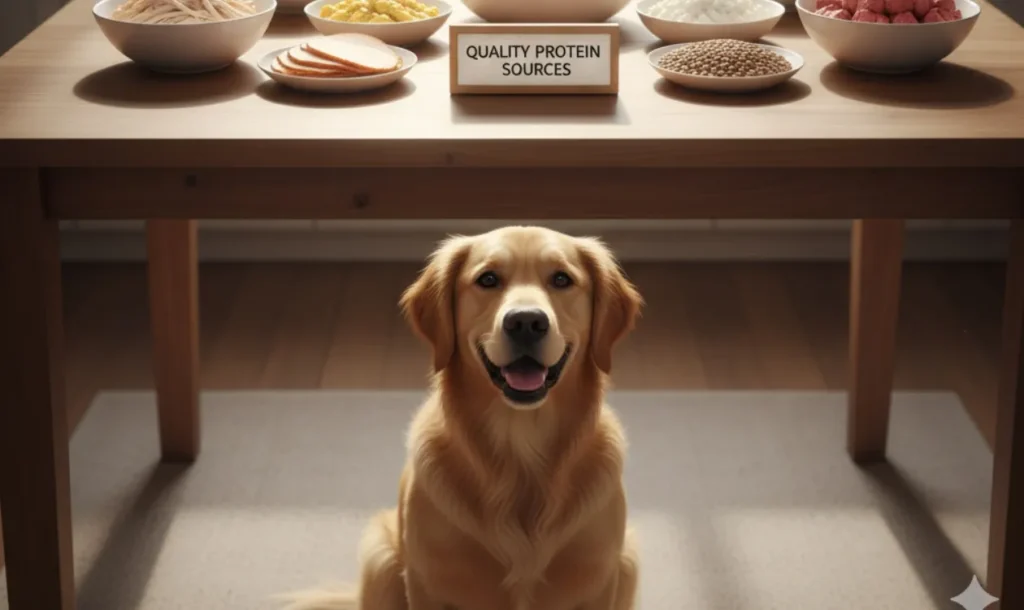
Excellent sources of protein include eggs, fish and lean meats and some commercial pet food. These alternatives are rich in digestible and nutritious factors that help in healing. A balanced diet is formed by incorporating a mixture of sources of proteins. The diversity guarantees your pet all the essential amino acids.
The idea of protein and calories balance on weight gain prevention
Gaining weight is one of the common problems that follow neutering because of the decrease in calorie requirements. Protein remains essential, but overall calorie intake must be monitored. Excess weight can be controlled by feeding high-protein, low-fat foods. This supports muscle development without contributing to unwanted fat buildup. Such preventive nutrition helps maintain a healthy post-neutering weight.
Overeating can also be avoided by splitting meals into smaller portions during the day. Feed on the guidelines available to the neutered pet because most brands have special formulas. A healthy diet guarantees stabilized energy and metabolism in the long run. Obesity complications are avoided through proper calorie management.
Significance of Hydration and Digestive Health
Protein digestion needs sufficient hydration which facilitates smooth metabolic functions. Among other things, it is advisable that you get your pet to drink more water to avoid digestive discomfort. Fresh, clean water should be offered all day, and particularly at the times of dry kibble feeding. Rehydration is a significant factor in post neutering recovery.
Wet food or broth may also help hydrate and increase appetite and promote digestion. This also assists in the reduction of the chances of constipation that occurs occasionally after surgery. A moist digestive tract is more effective in the absorption of nutrients. Proper digestion means your pet gets maximum out of the protein he or she is taking.
Protein Excessive avoidance
Protein is necessary; however, excessive amounts may strain the kidneys or irritate the digestive system of sensitive pets. Moderation allows the body to use nutrients effectively. It is important to balance protein with healthy fats, fiber, and moderate carbohydrates. This holistic approach to nutrition supports long-term wellness and stable recovery.
Overload of protein is not a good thing to do unless prescribed by a vet as a medical need. Check stools, energy and weight levels in an effort to maintain good nutrition. Reevaluate the diet of your pet in case they seem to be slow or bloated. The intake of protein is controlled and good to recovery and health in general.
Returning to the regular feeding schedule
Animals can resume normal feeding after surgery starting with light meals. Slowly add back foods based on the healing process that has protein in them. This gradual change helps avoid the process of awkward digestion and helps to digest comfortably. Monitor the appetite and behavior of your pet at this time always.
With the healing process and the restoration of energy, pets will be able to go back to their usual feeding routine. Balancing the protein levels helps to keep the muscles healthy. Considerable checking of weight and body condition prevents nutritional errors. Pets revert to healthy eating habits in due time with ease.
Surveillance of Postneuter Abnormal weight and Physical activity
The neutering of your pet can make him or her less active, which directly influences his or her calorie requirement. To avoid sudden fat development in the course of recovery, it is necessary to monitor the weight. Frequent check-ups ensure that you correct the amount of food you feed on before problems arise. This is a mere practice that will make your pet healthy and well in the long run.
The intensity of activity can differ between pets, and thus, daily behavior should be observed. In case your pet becomes less active or playful, then you can cut on calories but not the quality of proteins. The exercise can be light and can help balance the weight, as well as muscle strength. Regulated eating and low-intensity exercise are a way of maintaining overall wellbeing.
FAQs: The Ultimate Nutritional Guide of protein intake post neutering
Final Thoughts
Post neutering protein consumption is the significant component of the long-term nutrition of your pet. Appropriate protein doses help in healing, muscle strength and help prevent unhealthy weight gain. By selecting quality sources, you make sure that your pet gets the much needed nutrients and no extra calories are burned. A conscious feeding practice will help to facilitate a painless recovery.
P.N.E.N. does not require complex dieting; just a balanced and regular one. Keep track of activity levels, appetite and weight of your pet to keep it on track. By consuming healthy protein, being well hydrated and having controlled calories in your pet, you will have a strong and vibrant life after surgery. An intelligent diet makes them strong, active, and healthy.
